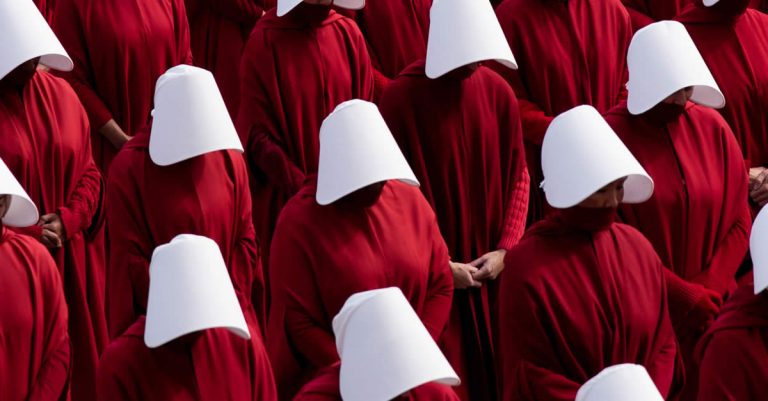

But The Handmaid's Tale remained the work that topped the list for many readers, and not only because it featured on so many syllabi, in schools, colleges and universities across the Western world. The range and variety of her interests is astonishing. Atwood's reputation grew, as she moved between poetry and fiction, produced essays and lectures and criticism, worked as an environmental activist. Was it too good to last? Would there be a price to pay?

Women of my generation had so much freedom, so many more opportunities than had come the way of our mothers and grandmothers. Yet Offred's bleak tale of a woman whose independent life has been reduced to a condition of helpless sexual bondage touched on real anxieties with deep roots. The dystopian, theocratic Republic of Gilead, where women are denied employment, forbidden to read or own property, and valued only for their child-bearing capacity, could hardly have been further from my own privileged existence.

I wasn't reading much fiction, but the reviews of this novel reminded me of Atwood's earlier thoughts on women's lives, The Edible Woman (1969), and so I quickly got my hands on a copy. Nappies and sleepless nights had turned my life as an academic upside down. My daughter was a year old when Margaret Atwood's The Handmaid's Tale was published in 1985.


 0 kommentar(er)
0 kommentar(er)
